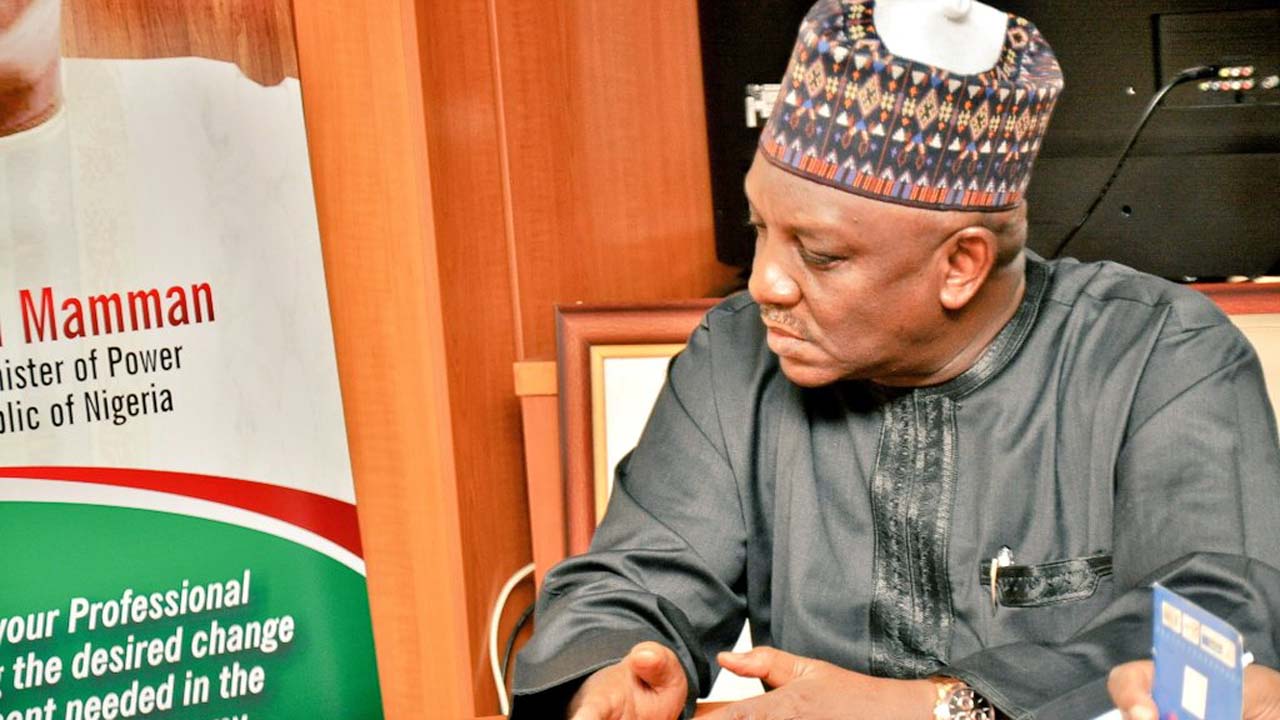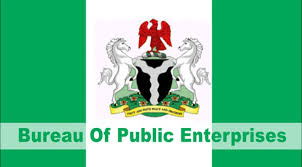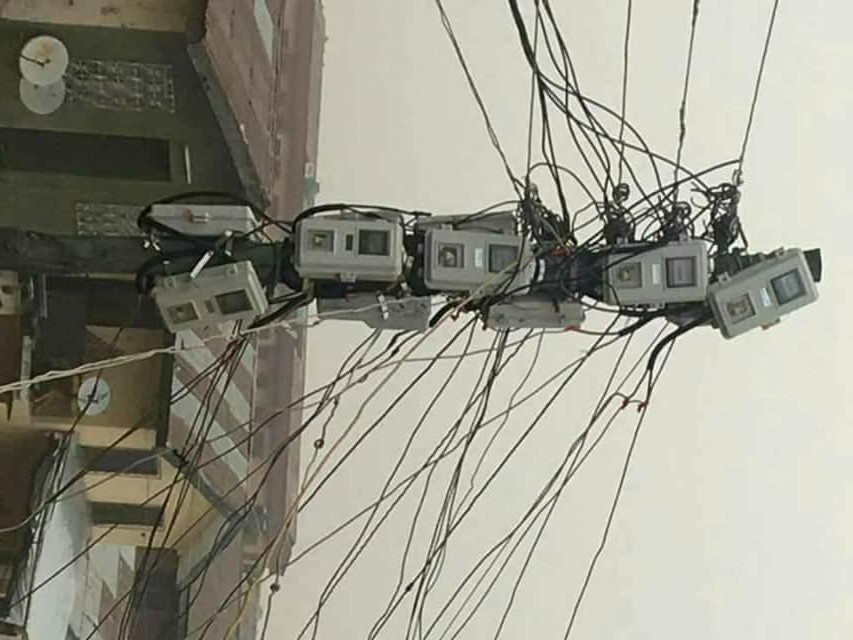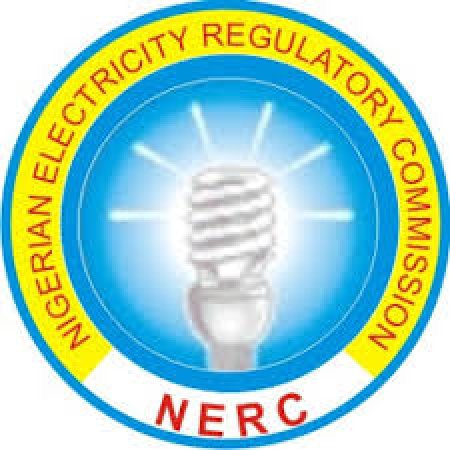Background
In Law of Contract, when given and signed terms and conditions of agreement are not met; the originator reserves the right to revoke the contract citing failures perpetrated by the executor in chief.
About seven years ago and precisely on September 30, 2013, 10 Discos, who won the bids to distribute electricity in Nigeria collected their share certificates from the then President Goodluck Jonathan and took over the management of the assets from November 1 of that year.
Otherwise, rising from the unbundling of the Power Holding Company of Nigeria (PHCN), the Federal Government handed over 18 utility firms to private investors. The government raked in $2.5 billion (about N916.575bn) from the transaction involving six Generation Companies (Gencos) and 11 Distribution Companies (Discos).
Records from the Bureau of Public Enterprises (BPE), which coordinated the transaction, show that the government sold stakes and concessioned the six GenCos for $1.269bn (N460.7bn), while 10 DisCos (the sale of Kaduna Electric held later) were sold at $1.256bn (about N455.9bn). The government sold 60 per cent shares and retained 40 per cent.
In addition, each DisCo paid N1 million as licence application fee to the Nigerian Electricity Regulatory Commission (NERC), and paid $75,000 (about N27.1 million) as the licence fee, valid for 10 years. In all, the 11 DisCos paid N298.3m as licence fees to NERC in addition to N11m application fees.
Key terms and conditions handed down to and agreed by Discos in 2013
According to the performance agreements, the privatised Gencos and their new owners were to have added 5,000 megawatts (MW) of electricity to the national grid after five years, which was 2018.
Also, the DisCos were to have metered their customers and reduced their Aggregate Technical Commercial and Collection (ATC&C) losses in the first five years when a review would be done on how well the investors managed the firms.

Performance assessment of Discos after four year
As at December 31, 2017, a NERC metering report said 4.7 million electricity consumers were not metered since the privatization exercise. It represented 55 per cent of the about
8 million registered electricity users NERC identified.
The regulator unveiled the Meter Asset Providers (MAP) regulation with effect from April 8, 2018 for customers to buy meters.
It is on record that a Daily Trust investigation found that the 11 Discos had a targeted 4.92m customers; installing 1.640m meters annually between 2013 and November 2016 but all failed.
Rather, Discos only installed 201,756 meters while customers bought 410,796 meters under the old Credited Advance Payment for Metering Initiative (CAPMI) replaced by the MAP regulation. That means customers bought 51 per cent more meters than Discos in three years.
Business Hilights recalls that in the first quarter 2019 Report of NERC, out of the 8.841m registered electricity customers, only 3.794m (42.9%) had meters. About 57 per cent representing 5.047 customers are still on estimated billing, “which has contributed to customer apathy towards payment for electricity.”
While consumers groan under ‘crazy bills’ without adequate meters, MAP however failed to take off until May 2019. So far, a metering schedule for 10 Discos obtained by this paper indicates that they ought to install 5.545 million by 2020 to bridge the gap.
Besides, they target 1.064 million meters under MAP by 2019 ending but never met it, rather Discos under MAP within the year under review, only installed less than 100,000 meters, indicating less than 10 percent of their 2019 target.
Having not met its 2019 targets, mentioning their future targets of installing 2.674m meters in 2020, 1.593m units in 2021 and 313,637 meters by 2022 will remain possible mirage considering current realties.
 Verdict on compensation for revoking Discos licenses
Verdict on compensation for revoking Discos licenses
From the above, it became clear that Discos, within their seven years of operation have failed to meet their side of the concession agreement with the Federal government hence, they may not have any locus standi to win any case of compensation if the Federal Government goes ahead to terminate their contract on grounds of incompetence.
Recall that the Minister of Power, Engr Saleh Mamman at the end of last week’s Federal Executive Council (FEC) meeting in Abuja made it clear that government would no longer give any from of intervention to the Discos.
According to him, if they are no longer ready to fulfil their obligations as contained in their concession agreement, government would do the needful. Already, there are strong indications that Siemens is being looked at by the government as possible new national Disco if Discos fail to improve.
*Business Hilights Publications stands to be corrected in this critical analysis.









